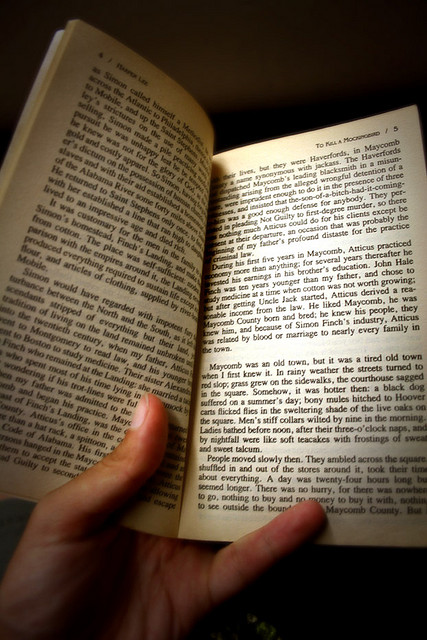
The LLB and Dyslexia
February 26, 2014
The UK and The CISG
March 6, 201416 December 2012 was a night that sparked protests not just in India, but also across the world. Nirbhaya, the name given by the media to the victim meaning “fearless”, was gang raped in the Indian capital city of Delhi on a moving bus and was left to die after being thrown off the bus. She passed away from her injuries two weeks later. Her attackers were caught within 24 hours and 1 attacker committed suicide shortly after being arrested. Fast track courts were opened to try the case and other rape and sexual assault cases. The youngest attacker was sentenced at a juvenile court to a maximum of 3 years imprisonment. The remaining adult attackers were trialled in fast track courts and were all sentenced to face the death penalty.
Although sexual violence against women is commonplace in India and causes little reaction, the Delhi gang rape has sparked outrage across the world. Students to celebrities to politicians have all protested against the attacks and have demanded change in the country- a campaign which has gained global support. But has the case of Nirbhaya brought well-needed change to a country where sexual assault is commonplace?
The Delhi gang rape appears to have encouraged more and more women to come forward if they have been raped or attacked. The media is now raising awareness about gender problems in India. Political parties are now debating on policies dealing with women’s safety; fast track courts have been introduced to deal with rape and sexual assault cases and a fund has also been established to help compensate victims and improve the safety of women. “Anti-rape” laws have been introduced which expands the definition of rape and sexual offences, recognises gang rape as an offence and categorises attacks such as stalking and acid attacks as criminal offences.
But has there really been change on the ground? Has the way in which the Indian public thinks been affected by the rape and its aftermath? The “anti-rape” laws that were introduced have disappointed many across the country; especially those who fought for equality for women. Key recommendations by a government panel, which was set up in response to the public outcry over the Delhi gang rape, were ignored. Conservative parliamentarians did not criminalise marital rape for fear it would destroy families. The trial of those accused in the Delhi gang rape dragged on for months despite the case being fast-tracked suggesting the country’s judicial system is in need of reform. The Delhi gang rape has not affected the way people think and has not changed the patriarchal views so prevalent in India.
Earlier this year, Indian politician and activist Asha Mirje questioned why Nirbhaya was out late at night. She believes that rape takes place because of the clothes women wear, their behaviour and their presence at inappropriate places. Last year, the head of the Central Bureau of Investigation was under fire for stating you should enjoy rape if you can’t prevent it. In addition, many have argued that during debates on the new law, the shadow of sexism hung over lawmakers resulting in the watering down of the new law, for example acid attacks only have a sentence of a maximum of twenty years as opposed to life.
Although Nirbhaya received the justice she deserved and her attackers have been punished, women still remain targets for predatory men. In 2013 a photo journalist was gang raped in Mumbai. In the early months of 2014, a Danish woman was gang raped in Delhi after asking for directions to her hotel, a woman was raped by 12 men on the orders of tribal elders in a village in east India and perhaps most horrifically an 8 year old girl was raped in Delhi.
No one expected change overnight. The Delhi gang rape has exposed a wider issue of the patriarchal views that lie at the heart of all abuse directed towards women. There is increasing media coverage of gender crimes, people across the country are now talking about the issue and now documentaries are being made on these atrocities. If India continues this conversation, then perhaps the Delhi gang rape will come to be seen as the beginning of the end.




